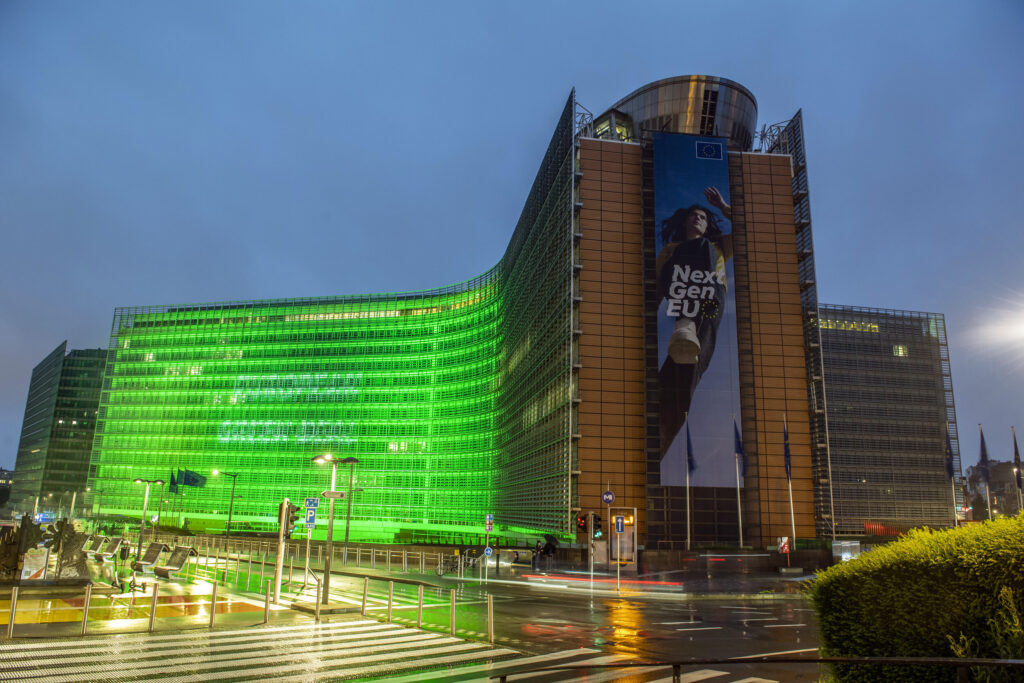In July the European Commission decided to extend the scope of the General Block Exemption Regulation (GBER). This is intended to make it easier for Member States to grant subsidies and public co-financing for the implementation of certain EU funding programs without prior examination by the Commission. The decision is also aimed at exempting selected investments in the digital and ecological transformation process from the aid assessment.
The EU’s competition rules basically stipulate that the member states must register state aid with the EU authority and may only grant it after approval. The so-called EU authorization regulation for state aid allows the Commission to declare certain groups of state aid compatible with the internal market and thus to exempt them from the notification requirement. The prerequisite is that this does not cause any distortion of competition in the internal market. For all block exemptions, investments are made towards an objective of common interest and socio-economic cohesion and are limited to the minimum necessary.
The EU programs for which block exemptions are being introduced are the InvestEU fund, which supports businesses in the recovery phase, the Horizon Europe research and innovation program and the investments from the European Structural Funds, which support European territorial cooperation promote such as the Interreg program.
The aid exempted from registration in Brussels in connection with the implementation of the Green Deal and the digital objectives relate to the following categories:
- Aid for projects to improve the energy efficiency of buildings,
- Aid for the charging and refueling infrastructure for low-emission road vehicles,
- Aid for fixed broadband networks, 4G and 5G mobile networks, certain trans-European infrastructure projects for digital connectivity and certain vouchers.
In the cases mentioned, the procedures are simplified by the fact that the Commission only needs to be informed afterwards.

The responsible Executive Vice-President of the Commission Margrethe Vestager said of the decision that it would improve the interaction between the EU funding rules and EU state aid rules for the current multiannual financial period. At the same time, the Commission is opening up more opportunities for member states to provide state aid for the ecological and digital transition without notification and without unduly distorting competition in the internal market, she said.
Without prejudice to the current resolutions for specific block exemptions, the EU authority is revising the current General Block Exemption Regulation. She had put the relevant timetable for public consultation. It is planned to present the adjustment proposals at the end of this year.
Source: BMB S.A. Gesellschaft für Begleitsysteme und Monitoring Brüssel
